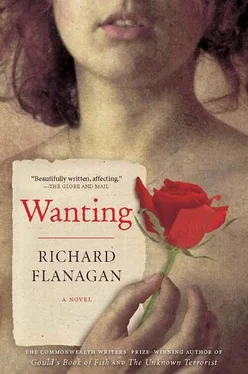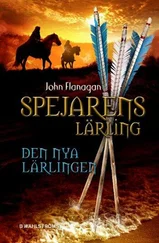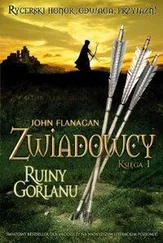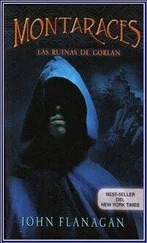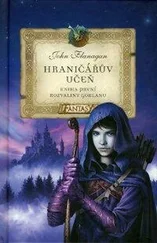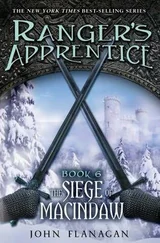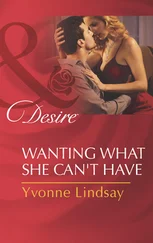Later, when he came to kiss her liver-spotted hand in farewell, Lady Jane asked him if it was in his power to question such a story.
‘I only know I am in yours,’ replied Dickens brightly.
But as the door of Lady Jane’s home closed behind him and he faced the morning gloom, thick flakes of soot eddied around him like black snow, and nothing seemed bright. He made his way from Pall Mall in a hansom cab, through mud and shit so thick and deep that dogs and horses seemed formed from it. People dissolved in and out of the dirty fog like fen monsters, like wraiths, filthy rags wrapped around their faces to ward off the cholera miasma that had carried away six hundred souls only a month before. London seemed all stench and blackness: blackness in the air and blackness in his eyes, blackness in his very soul begging to be white once more as he made his way home to his family.
Family, of course, was everything by that morning in 1854—families alike and unlike, families happy and unhappy—for across classes and suburbs and counties, family had arrived like the steam train, unexpectedly but undeniably. Everybody had to be family and all had to celebrate family, whether it was the young queen and her consort or the poorest factory worker. Like any boom, there were opportunities to be had in family, and just as there were railway speculators, there were family speculators. Few had gambled so boldly and profited so handsomely as Lady Jane, the exemplary devoted wife, or Dickens, the very bard of family. But celebrating family was one thing. Practising it, Dickens had discovered, was something else again.
Because it had been raining too much and he had been gloomy too often, because he felt something too close to failure stalking him like a shadow, because he wanted light and needed to know he was still moving forward in all things, because he felt cold and the cold was growing, that evening he proposed to his wife, Catherine, that they go to Italy the following month. But she did not want to: the children had commitments of one type or another, and besides, her condition, after ten children, did not make travelling a welcome prospect.
Then, after what he felt was an innocent comment from him about her weight, which, as he said, was a simple truth, Catherine abruptly stood and walked out. According to their daughter, Katy, who rushed in soon after, angry at him, at her, at the whole miserable, wretched house they were doomed together to inhabit, along with all the other children, domestics and dogs and birds, her mother had now taken to her bed.
Her bed! thought Dickens, turning away from Katy. Again and again, over and over, back to her bed she would go after every argument, where she would once more become a heaving mound of feather quilt, rheumy eyes and stifled sobs. The last time, he had remonstrated, argued, apologised and, when daring, touched her on her forehead, her cheeks, her lips—but she had recoiled as if bitten by a mad dog. This time he did nothing. Weighing his options, he realised he had none, that somehow something was so broken that no word or action would fix it.
The situation, he knew, was felt painfully by all in the house, a house that seemed to breed only quarrels—between son and daughter, between elder and younger, between governess and servants—the whole house was wracked by a wretched spirit and even the furniture seemed to bear grudges against the walls. There seemed no end to the misery, and, impossibly, everything just went on and on. But that night, rather than fight with his wife, he was mortified to realise that he lacked even the passion to continue the argument.
Rather than go and see her, he put on his coat. A long time ago he had fled from himself into Catherine, but now he was fleeing from Catherine into himself. Then, he had needed her and tunnelled into her to protect himself from all that roamed inside his head, all that he now kept at bay with his ceaseless external activity. It was said he had chosen to marry above himself; but no cynic is ever truly cynical, and he had loved her. But her very presence now brought on in him a wordless anguish. Now he would rather walk to Lands End and back than stay the night in bed with his wife.
He could not bear her misery, nor her listlessness. He could not forgive the way she withdrew from her sacred duties as a wife and a mother into a lethargy that seemed to worsen with each new birth—surely a cause for jubilation, not melancholy?—and how she grew fatter and duller with each passing day. Why did she resort to the grapeshot of domestic life—the caustic aside, the peremptory embrace, the sudden, terrible glance of knowing contempt—and why did he respond with pettiness, with rage, with absence? The worse it got, the less he understood and the more she retreated, and the more she gave ground the greater grew his conviction it was all her fault. Could there be two souls less suited to living together?
His thoughts reformed as the Erebus and the Terror , thrown up on their sides by the ice, their masts casting diagonal lines across the frozen deep, the wind raising a dirge in their icicle-hatched rigging. And the ice and the cold and keening wind were all him and he was at the same time buried within it; for twenty years, had not his marriage been a Northwest Passage, mythical, unknowable, undiscoverable, an iced-up channel to love, always before him and yet through which no passageway was possible?
And so he decided to go out and, as he so often did now, walk the night away. Walking was his pressure valve, and he the steam engine fit to explode without it. Looking, thinking, improvising scenes, rehearsing monologues and dialogues and inventing plots, he walked miles and miles, ever deeper into the mysterious labyrinth of the greatest city in the world. As clatter, hovels, cries and stench filled his being, he would keep on walking, the filthy dross of the everyday stirring in his alchemist’s head and transforming into the pure gold of his fancy.
Once, he had loved to watch and mimic and recall, joining it all in one merge as glorious and muddy as the streets through which he wandered, knowing nothing was coincidence and everything happened for a reason. But now there was a dreariness about all things for him.
There were the ‘little periwinkles’—as Wilkie Collins called ladies of the night—to be opened when he went on a jaunt with his friend around the theatres and streets, and though this and all he had ought to have been enough, somehow, for some reason for which he could not find words, it no longer was. Much as he tried to suppress the dangerous, undisciplined thought, he wanted something more—but what he wanted, he could not say.
He felt a curtain lowering on some other world he had visited for a few brief years in his youth: a carnival world, with the brightest of swirling rings, a circus tent he was permitted to enter for a short time only, and for a shorter time yet to be the ringmaster, before being cast out once more into the bootblack night. He was panicked, fearful at the fading of some light he could not describe but which had once illuminated his world.
At some point, he knew, he would return to home and a snoring Catherine. He would fall into a strange slumber in rhythm with his walking: half-awake, half-asleep, possessed of the strangest dreaming. Was it the laudanum he took more frequently of a night to ease his sleep? Or was it just what life had become? Slowly he would feel better, as his characters talked to him, as he came to understand what it was, other than air, that they all wished to breathe.
After a few short hours’ sleep, he would awaken before dawn to the sound of carts heading to market laden with produce, and the noise of the streets below his bedroom would soothe him. By some miracle life had not stopped. As he slowly came to his senses, he would again feel an immense surge of relief that, even in the brief hours that he slept, the wondrous world had continued spinning, and he with it.
Читать дальше
